by cidaut | Feb 18, 2021 | Materials, MOBILITY, SAFETY
In the frame of Multi-Moby European Project, which aims at developing of technology for safe, efficient and affordable urban electric vehicle, Cidaut is responsible of the integral safety of the vehicle’s occupant but also of the rest of the vulnerable road users.
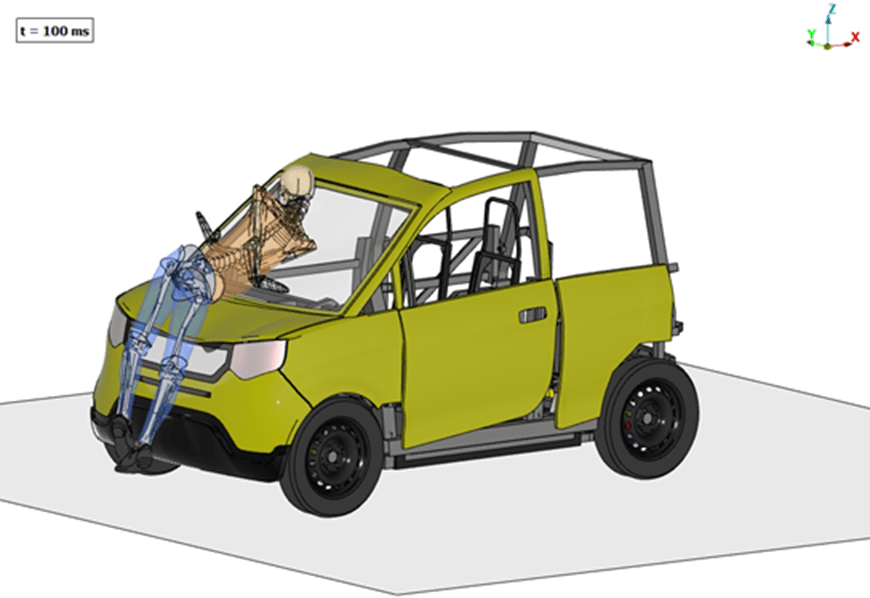
Multi-Moby is the last, by now, of a large row of projects that were born from the idea of developing environmental friendly, sustainable vehicles considering circular economy concepts, and will finish with the development of a digitalized micro-factory for the assembly of the final solution. In this project the vehicle safety is being improved that’s to the introduction of automated driving solutions that will contribute to increase the integral safety of occupants and the rest of road users.
Cidaut is in charge of the structural design, the development of the restraint system and the implementation of innovative solutions for vulnerable road users’ protection, all of them supported by the automated driving capabilities of the vehicle. The vehicle will be equipped with artificial intelligence to look out the environment and make decisions to avoid or mitigate the possible accident. In the worst case, if the accident happens, Cidaut’s solutions will minimize its consequences on both, the occupant and the vulnerable road users.
Acknowledgment
The research leading to these results received funding from the European Union (EU) project MULTI-MOBY (GA #101006953).
by cidaut | Feb 18, 2021 | Energy
Hydrogen Europe Research (HER) is the research grouping of the Fuel Cells and Hydrogen Joint Undertaking, a unique public private partnership supporting research, technological development and demonstration (RTD) activities in fuel cell and hydrogen energy technologies in Europe. Gathering 91 research institutions (universities and research centres), HER support and promote research interests in the FCH JU and create a framework for cooperation of science and industry in Europe.

After a General Assembly held on 14 December 2020, 10 new members joined Hydrogen Europe Research and CIDAUT was one of them. The membership process involved a presentation by CIDAUT of its capabilities and areas of expertise. After the presentation of the candidates, HER voted on the nominations and CIDAUT was admitted together with 9 other institutions.
HER is now present across 26 countries and gathers 90 members and 1 associate member.
Hydrogen Europe Research´s mission is to promote, support and accelerate the deployment of hydrogen and fuel cell technology by aligning the European R&D community and providing a stronghold for cooperation with industry increasing the impact of research in the sustainable shift to the clean technologies and now CIDAUT is part of this important partnership in the world of hydrogen and fuel cells.
More info: https://hydrogeneurope.eu
by cidaut | Feb 18, 2021 | Energy
On 17 December 2020, the VALORCOMP consortium held the last project meeting. After more than three years of intense work, the consortium members met via videoconference due to the mobility restrictions imposed by COVID-19.
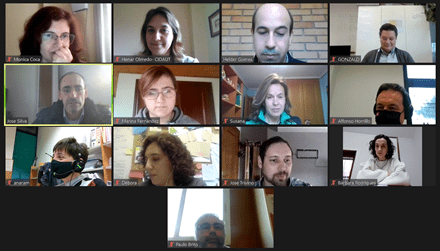
For this special occasion, all members of the different working teams attended the meeting. Representatives from the Instituto Politécnico de Bragança (IPB, Principal Beneficiary), CIDAUT Foundation, University of Valladolid (UVa), Nertatec and Resíduos do Nordeste (RN) were present. There was a mixture of emotion and nostalgia as a result of the work of these years and with the regret of not being able to close this project in person.
The end of project meeting focused on cross-cutting issues and began with a brief summary of the positive aspects and difficulties encountered in the project by each of the members. The difficult handling of such a heterogeneous waste was the general issue in terms of the technical aspect, which has not prevented positive results from being obtained in the different ways of use.
Given the impossibility of holding the planned conferences, it was made a review of the videos prepared with the members of each entity, as well as other relevant entities, which will be available on the project’s website.
Finally, a brief review of management aspects was made for the formal closure and delivery of results.
Although the project was closed, all members expressed the desire not to write a full stop, but to look for alternatives to continue working together on this or other issues.
The VALORCOMP Project is co-financed by the INTERREG V-A Spain-Portugal (POCTEP) 2014-2020 programme and the European Regional Development Fund (ERDF). The project aims to contribute in a cooperative way to solve a cross-border problem by providing an outlet and recovery of the waste generated in the treatment of the organic fraction of municipal waste.
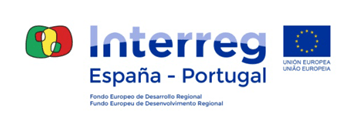
by cidaut | Feb 18, 2021 | Sin categoría
An international consortium of 40 organisations from Spain, Germany, Switzerland, Italy and Greece, led by the technological company ETRA, is launching ORANGE.BAT, an ambitious initiative to incorporate green hydrogen into the ceramics industry in Europe. This large-scale project, which includes the deployment of an innovative 100MW electrolyzer, was presented last 27/01/21 to the Green Deal call in order to request the support of the European Commission in this endeavour.


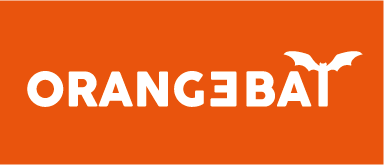
The partnership, of which CIDAUT forms part, includes major industrial players, research centres, institutional bodies and a cluster of off takers of the hydrogen to be produced. This makes possible for ORANGE.BAT to cover the full value chain, from green generation of hydrogen to the consumption of, not just the green hydrogen itself, but also all the by-products of the industrial process, in accordance with the principles of the circular economy. The planned large-scale pilot plant will be deployed nearby Castellón, in one of the most important ceramic industrial clusters in Europe, concentrating 95% of the ceramic industry of Spain and 33% of the CO2 emissions of the region.
ORANGE.BAT is expected to play an important role in exploiting the huge potential of green hydrogen to help Europe achieve its ambitious decarbonization objectives whilst at the same time securing a large number of high value industrial jobs.
CIDAUT contributes to ORANGE.BAT by development of technology for combustion systems using H2 fuel (burners and kiln integration) at both pilot and full scale.
For more information you can contact orange.bat@grupoetra.com or follow us in twitter at @ORANGEBAT_H2V.
by cidaut | Feb 17, 2021 | MOBILITY, Sin categoría
Cidaut is involved in Avangard project whose main objective is to develop advanced manufacturing solutions tightly aligned with business needs and oriented to the assembly of electric urban vehicles: 4 passengers’ cars, vans and bicycles. To achieve this ambitious target some innovative solutions are been applied both in the physical and digital ambit. From the physical point of view robotized integration of laser cutting-shaping –welding for 3D components, supersonic deposition of metallic powders for high speed 3D printing and large volume and high-speed 3D polymeric printing are the most relevant solutions.
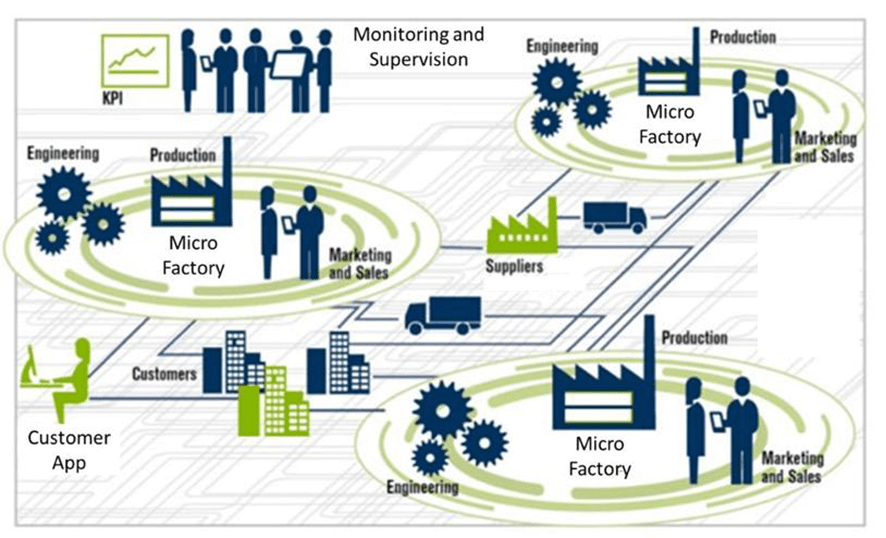
But today’s article aims to focus the attention on the digital solutions. Avangard pretends to digitalize the whole manufacturing and delivery process. From an electronic device, the client will be able to configure the vehicle, make the purchase order and follow the evolution of the vehicle manufacturing, assembly and delivery. At the same time, the manufacturing system is able to receive the order and decide the most suitable microfactory of the system to manufacture this vehicle attending to location, work load, availability of goods and environmental impact.
To warranty the security, privacy and authenticity of the whole process it is needed, among others, the application of blockchain solutions, that are being developed ad-hoc for Avangard project. The infrastructure of the complete system is based on IoT (Internet of Things) solutions. Despite the large advances in the last decades, centralized cloud services are vulnerable to security attacks.
The solution precludes the use of trustzone-based architecture to support cryptographic operations and tamper-proof memory for the secure storage of sensitive data. Thus RFID/NFC can provide a unique identity to the connected devices to warranty trustiness and tracking through the blockchain. Immutability technologies are used to generate real-time access control, restricting connection only to authorized devices to warranty the privacy of the system.
Acknowledgment
The research leading to these results received funding from the European Union (EU) project AVANGARD (GA #869986).







